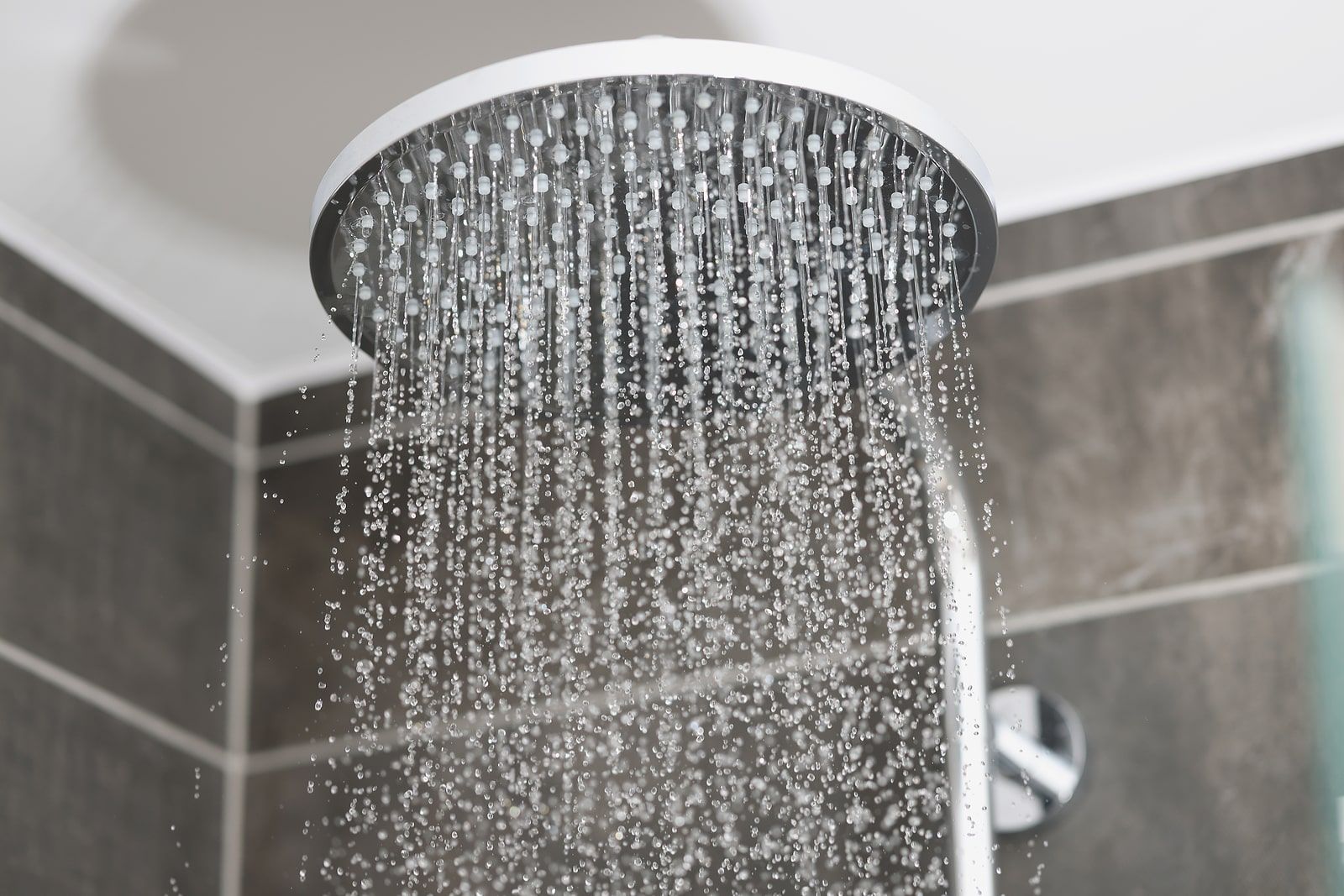
When Should You Replace Your Shower Head?
What is ideally meant to be a soothing shower experience can be severely compromised if you're constantly wondering, "Why is my water pressure low?"
You know what's a total nightmare? When everything stops working in your shower! So, you should make sure your shower head operates correctly.
But do you know the right time to replace the shower head? What indicates that your shower head needs to be replaced? Or, how often is a shower head replacement necessary?
Here, we've listed everything you need to remember when facing issues with your shower head.
How Long Does a Shower Head Usually Last?
Changing shower heads every six to eight months is often recommended, but many people are unaware.
Like most fixtures, a showerhead's lifespan depends on quality, maintenance level, and usage frequency. You can save money by avoiding needless replacements when you recognize the warning symptoms of a broken or worn-out showerhead, particularly those related to low water pressure.
Certain germs can grow in shower heads and cause respiratory infections, especially in susceptible individuals. So, medical authorities advise changing shower heads regularly.
Signs that You Need to Replace Your Shower Head
For many, replacing your showerhead can seem like a hassle; however, it is a necessity to avoid any further plumbing issues. Here are what you should look out for that indicate it's time for a replacement:
Water Leaks
If you hear a steady or continuous leak coming from your shower, there's a good likelihood that you need to change your shower head. A slow leak will increase your monthly water bill.
One possible leak source could be a loose showerhead or a problem with the water supply valves. Wear and tear alone can cause older showerheads to leak. It might be wise to replace it with a new energy efficient shower head, regardless of the cause.
Lower Water Pressure
A noticeable drop in water pressure is one of the most telling indicators that your shower head is near the end of its useful life. Has the water pressure been changing erratically? What causes low water pressure?
If the head is becoming looser, that could be the reason; in such case, you merely need to readjust. Otherwise, you'll need to get replacement high-pressure shower heads. You can also think of cleaning your pipes in case there's a clog.
Sediment Buildup
Given that your water supply has chemical additives to maintain its safety, you likely have some buildup.
The most common source of buildups in shower heads is calcium. It may be cleaned with several cleaning solutions, or you could attempt to use salt to clear the clog, but it's usually better to replace the showerhead if it’s been over six months.
People frequently fail to notice unless the buildup is substantial enough to alter the water pressure drastically. Every month or so, inspect your shower head to ensure minimal accumulation. You can switch to high-pressure shower heads if the buildup becomes excessive.
Appearance of Black Mold
If you find any hard water spots in your shower, you should look for little black spots in the shower head. Eliminating black mold is extremely challenging and often requires professional mold removal services. Replacing the shower head is typically less expensive than removing the mold.
Moreover, this type of mold poses a risk to your health as well. So, you can replace your one with an energy-efficient shower head to prevent water spots.
Regardless of the problem, a clogged shower head can lead to leaks or a water backlog that seriously damages your bathroom. Additionally, it is never ideal to have standing water if there are problems with the drain and it isn't draining properly. In that case, you should also contact a professional for re-piping services.
Reach Out to Superior Plumbing for a Better Shower Experience
If you're still thinking, "Why is my water pressure low?" or "Is there mold in my showerhead?" it might be wise to consult a plumbing expert.
At Superior Plumbing, we are renowned for our exceptional reputation of providing plumbing services. So, feel free to contact us if your showerhead is malfunctioning and you cannot identify the source of the issue. You can check information about us here.
FAQs
How often should I replace my shower head?
It's generally recommended to replace your shower head every 6 to 12 months, depending on water quality and usage. If you have hard water, you may need to replace it more frequently due to mineral buildup.
What are the signs that I need a new shower head?
Common signs include:
- Reduced water pressure
- Uneven spray patterns
- Visible mold or mildew
- Rust or mineral buildup
- Cracking or leaking
Can I clean my shower head instead of replacing it?
Yes, you can clean your shower head with vinegar to remove mineral deposits. However, if cleaning doesn’t restore proper function or if the shower head is damaged, replacement is the better option.
Will a new shower head improve water pressure?
Absolutely. A new shower head can restore or even improve water pressure, especially if your old one was clogged with mineral deposits.
Does replacing a shower head help with hygiene?
Yes, over time, shower heads can harbor bacteria, mold, and mildew. Replacing them ensures cleaner water flow and better hygiene.
Are there benefits to upgrading to a modern shower head?
Modern shower heads often include features like low-flow water-saving designs, massage settings, and anti-clog nozzles, making them more efficient and comfortable.
Is it difficult to replace a shower head myself?
Not at all. Most shower heads are easy to install without tools—just unscrew the old one, clean the threads, and screw on the new head. Teflon tape may be used for a tighter seal.
How do I choose the right shower head replacement?
Consider factors like:
- Spray settings
- Water pressure compatibility
- Style and finish
- Eco-friendly features
- Price and warranty
